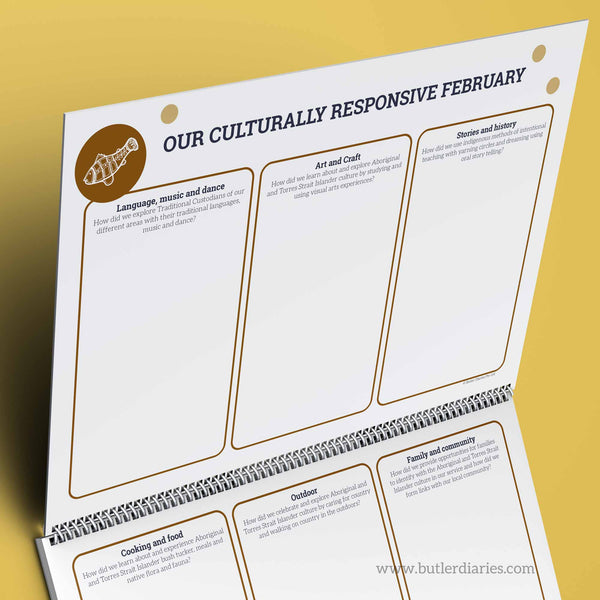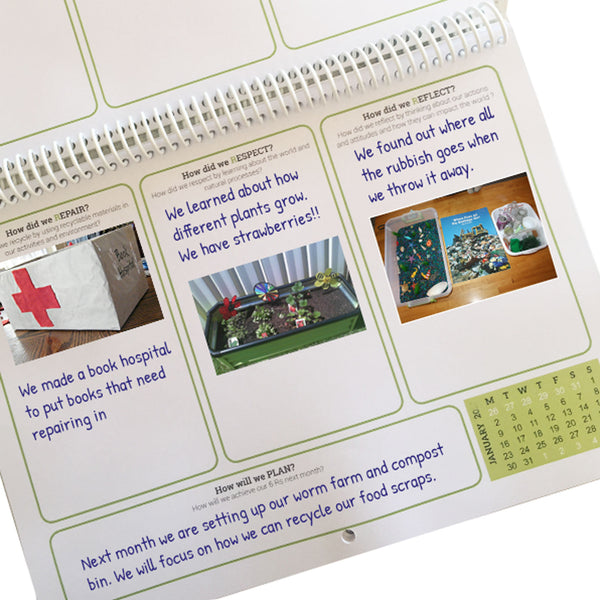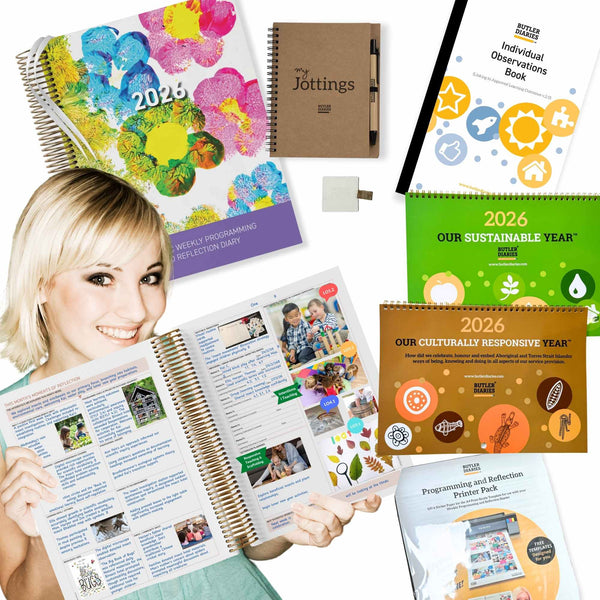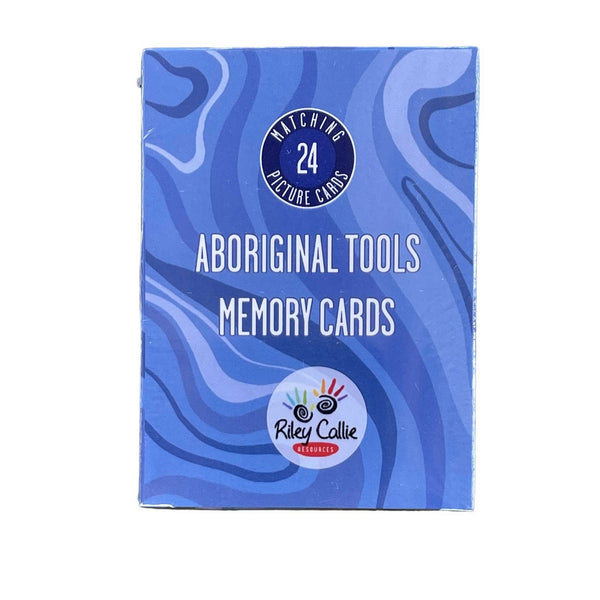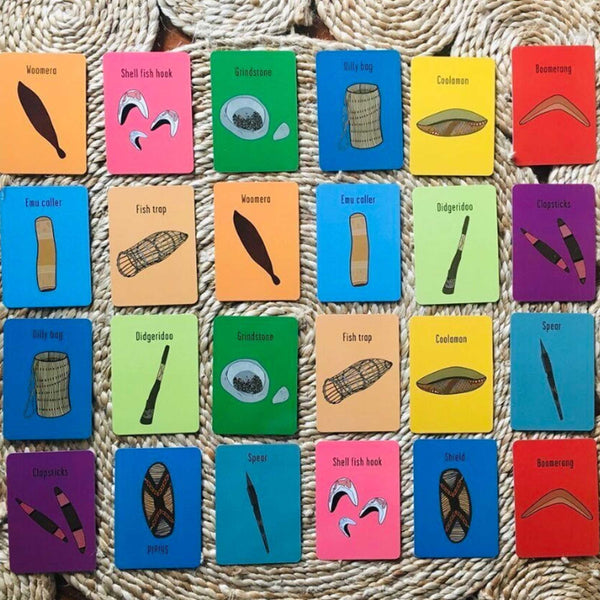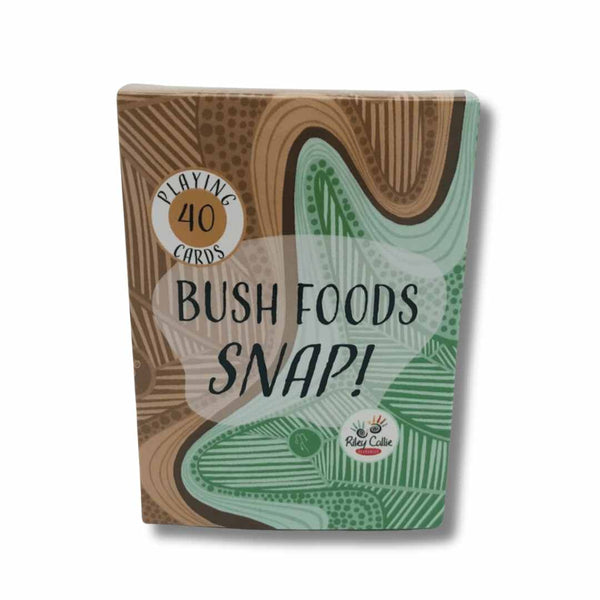- This article describes how the Diary can be used to meet OSHC Documentation requirements - https://butlerdiaries.com/blogs/blog/acecqa-oshc-documentation-changes.
- This article provides an example showing how to show the cycle of planning for EYLF and MTOP - https://butlerdiaries.com/blogs/blog/unpacking-the-cycle-of-planning-v2-0.
- Here are general tips on using the Diaries - https://butlerdiaries.com/blogs/blog/tips-for-using-our-weekly-programming-and-reflection-diary.
- And general FAQs on the Diaries - https://butlerdiaries.com/blogs/blog/faqs-on-the-weekly-programming-and-reflection-child-educator-diary
- https://butlerdiaries.com/blogs/blog/critical-reflection-prompts-for-early-childhood-educators
- https://butlerdiaries.com/blogs/blog/tips-for-reflecting-on-intentional-teaching
- https://butlerdiaries.com/blogs/blog/the-importance-of-critical-reflection-in-early-childhood-education
These are a great starting point when looking for examples on how to use the OSHC Weekly Programming and Reflection Diary! We recommend keeping an eye on our blog as we regularly add new support articles, case studies and examples. Joining our newsletters and following our social media will also sure you are kept up to date of new resources that become available!











